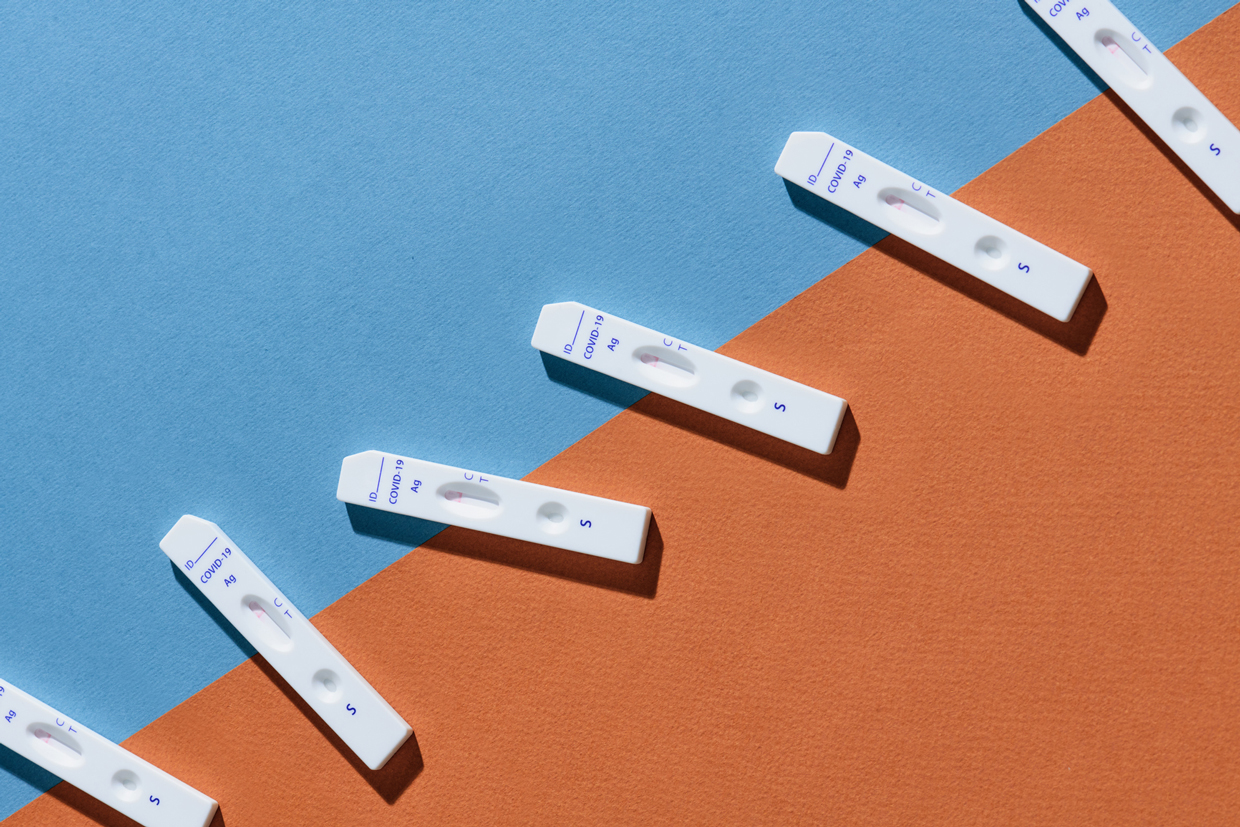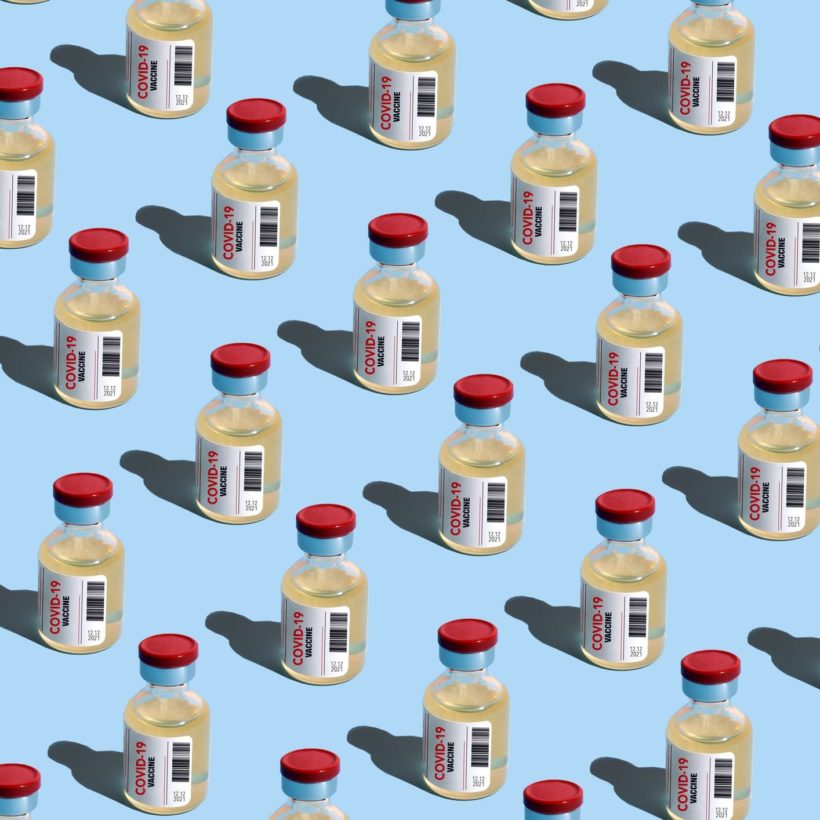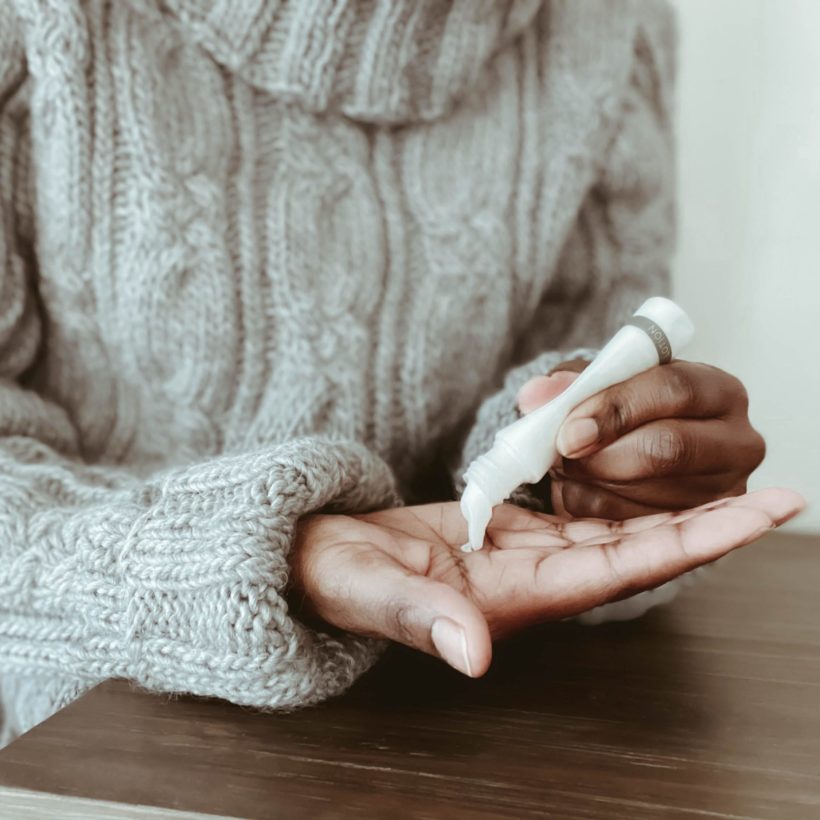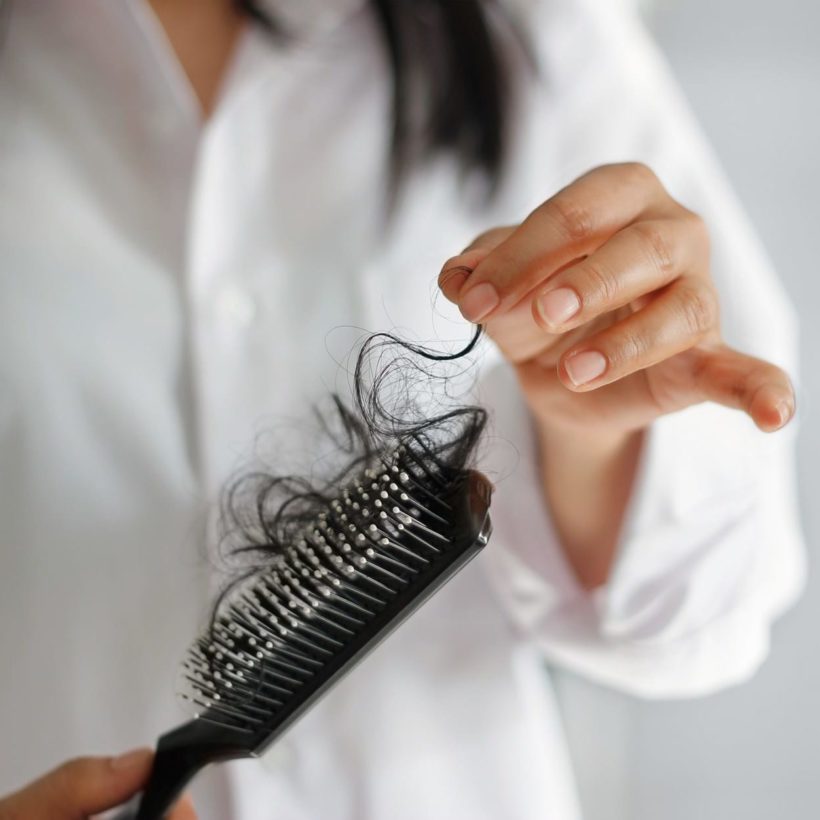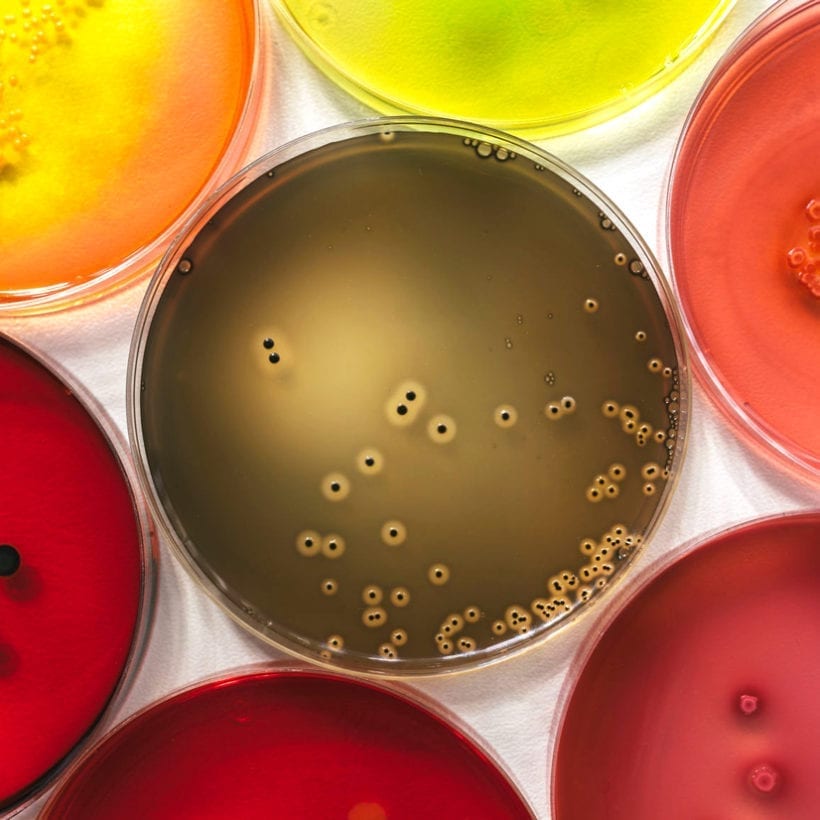Twenty months into the COVID-19 pandemic, with case rates still skyrocketing in many parts of the country, it’s clear that living with coronavirus is going to be part of our reality for the foreseeable future. The good news is, as the pandemic goes on, scientists have developed more tools to manage it — multiple safe and effective vaccines, a potentially promising pill, and several COVID tests easy enough for you to do yourself right at home.
There are two versions of at-home tests: One type allows you to collect a sample at home and mail it into a lab for testing (polymerase chain reaction or PCR tests), and the other allows you to take a sample and perform the test by yourself at home (these versions are rapid tests — more on the implications of that later).
“It’s handy to have them around,” says Gigi Gronvall, Ph.D., an associate professor at Johns Hopkins University and expert in COVID tests. Especially during flu season when you’re more likely to get sick. “If you have any sort of symptoms, it’s nice to be able to do that quick confirmation [that it’s not COVID],” she says.
But are at-home COVID tests really as good as the ones you get from a doctor? And is one type of test better than the other? Here’s everything you need to know.

PCR vs. Rapid Tests
By now, you’re probably familiar with the two types of COVID tests: rapid tests, which give you results in about 20 minutes, and PCR tests, which are processed in a lab and give you results in 24-48 hours.
PCR tests are more sensitive. They can detect a smaller amount of coronavirus if it’s present — so PCR tests are therefore called more accurate. But both types of tests have their pros, Gronvall says. “The rapid tests are really great at figuring out if you’re currently infected and need to start isolating ASAP.” When you get a positive result from a rapid test, it’s because “you’re producing lots of virus in your nose, which is tripping off the test,” Gronvall says.
A PCR test, while more sensitive, can’t give you the most up-to-date information about your infection status, Gronvall explains. The results will tell
you if you either did or did not have COVID present in your nose two days ago when you were swabbed — not necessarily what your infection status is at the moment. It’s possible that you could have tested too early (the CDC recommends waiting three days after exposure) for the swab to pick up the virus. But by the time you get the results, you’re showing symptoms.
In other words, while both types of tests can be administered at home, keep in mind that the rapid tests are giving you a pretty accurate real-time picture, while the tests you mail into a lab are giving you a more sensitive but delayed result.
Where can I get an at-home COVID test?
There are currently four FDA-approved at-home test kits (aka rapid tests): Abbott BinaxNOW, Quidel QuickVue At-Home Covid-19 Test, Ellume Covid-19 Home Test, and the recently approved ACON Laboratories’ Flowflex COVID-19 Home Test. These tests are sold in pharmacies (though supply has recently been tight) and typically sell for around $40 (though the White House recently announced a plan to help cut costs by about 30 percent).
The FDA has also approved at-home sample collecting kits (aka PCR tests that you mail into a lab) like those from Everlywell and the Pixel by Labcorp, which are upwards of $100 (but may be covered by insurance).
Are at-home COVID tests effective?
Technically, at-home COVID tests are just as effective as those used by doctors and medical testing centers. “The test is the test,” says Gronvall. So, whether you do a rapid test, or mail in a PCR test, your results would theoretically be the same as if you got tested at a clinic.
The potential for at-home error is in the swab technique — do it poorly and you could end up with a false negative. “There are instructions on the manufacturers’ web pages or you can watch a video to see how you do the test — it’s pretty easy,” Gronvall reassures. Still, she recommends watching a video first so you’re aware of the right steps before you dive in.
Should I take multiple tests just to be sure?
Two is always going to be better than one when it comes to COVID tests — especially with an at-home test, where you’re more likely to end up with a false negative than a false positive. (And could unknowingly be spreading virus based on an inaccurate result.)
But that’s not the only reason experts recommend two tests. “At-home tests come two in a pack and they are intended to be taken serially — so, you take one say three days after you’ve had exposure to somebody who has COVID and then you take another one or two days later on day five. That increases the accuracy of your results,” Gronvall says. A recent study found this method caught 98 percent of cases.
If you’re convinced you got a false positive, you can always take another test in a doctor’s office to confirm your results but “when a test gives you a positive result, they typically are pretty accurate,” says Gronvall.
Are at-home COVID antibody tests effective?
Whether you take them at home or in a clinic, COVID antibody tests “are not super useful for individuals,” Gronvall says. “They’re very useful for public health. Because of asymptomatic and mild cases, there are a lot more people who have had COVID than we know,” she explains. Antibody testing can be useful for helping public health organizations gather data on just how many people have been infected.
But don’t expect an antibody test to give you accurate insight into whether your vaccine is still working. Antibody tests, Gronvall explains, often look for the presence of a different part of the virus than the genetic material that’s used in COVID vaccines. The Pfizer and Moderna vaccines, for example, are based on a specific protein found in the coronavirus’ “spike” but a lot of the antibody tests look for your immune system’s reaction to other pieces of the virus.
What antibody tests can reliably tell you is whether you were infected by the virus itself. “I’ve had some panicked calls where people say, ‘I took an antibody test and I should have antibodies because I was vaccinated.’ And it’s like, the test is just telling you that you didn’t actually get COVID,” Gronvall says.
Even if you have had the virus (and have the antibodies) getting vaccinated is still really important, Gronvall adds. “Those antibodies don’t last as long and they’re not necessarily going to be as robust to new variants [like Delta],” she says.
